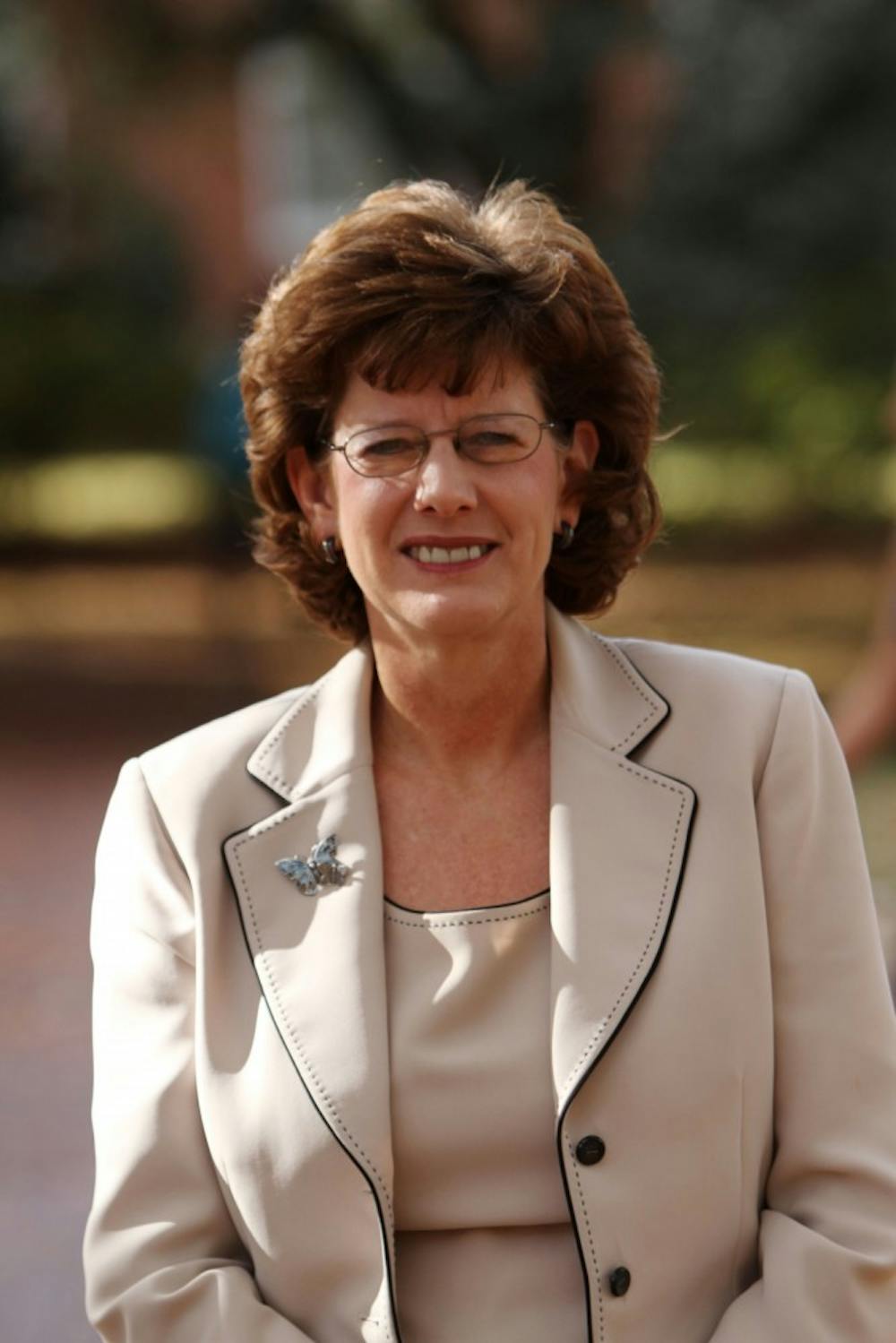Researchers from Elon University, the University of North Carolina at Greensboro and the University of North Carolina at Pembroke were given $2.7 million from the National Science Foundation to fund a statewide project called Herpetology Education in Rural Places and Spaces (HERPS).
Elon is using the grant to fund a class in herpetology, or the study of amphibians and reptiles, taught at Elon Academy. Deborah Long, director of the academy, said the money from the grant is going toward a variety of field trips, materials, salary for instructors and other costs needed for the class.
"The target population for the grant is the rural, typically marginalized people in the area of science," said Terry Tomasek, who teaches herpetology at the Academy.
The grant targets demographics such as citizens with lower socioeconomic standing and ethnic minorities.
"These are the people that we don't typically find in science type activities," Tomasek said. "That is exactly the target population for Elon Academy. That is why it makes such good sense."
The grant supports community–wide events, one of which Tomasek is holding in Alamance County in 2012 called "Celebration." The event will look at the idea of celebrating the reptiles and amphibians that members of the community may not have previously known were in their backyards.
The grant not only goes to educate the general community about these animals, but also high school students.
"Because the nature of this class, my students spend a lot of time outdoors," Tomasek said. "It helps them to understand what's in their own back yard."
The first week of class, the students learned to identify frogs by their call. Tomasek said many of the students sent her emails or posted on the class Facebook page that they heard the frogs at their own home, which they had never heard before.
"It helps them to see a world that they have been missing and notice things that they have never noticed before in the natural environment," she said.
While Tomasek knows the value of lectures, readings and tests, she said she enjoys working with the students in the field the most.
"During our field trip to camp out on the beach I was granted the opportunity to hold a baby sea turtle," said Zydae Joyner, a student taking herpetology this semester. "It was just about the size of a quarter, and it was so adorable. I wanted to keep it and take it home with me right away."
Tomasek said she has seen a similarly positive response from many of her students. Several of those who signed up for the summer said they were terrified of the animals.
"I think that says a lot about them — they are not afraid of challenges or trying something that is outside of their comfort zone," Tomasek said. "That speaks highly of the Elon Academy students."


